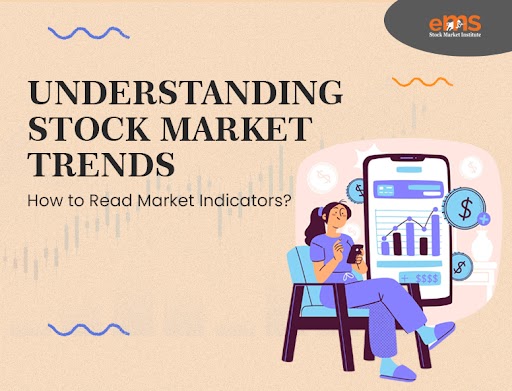Understanding Stock Market Trends: How to Read Market Indicators?

While trading in the stock market space, choices and decisions matter the most. However, choosing what’s right for you requires analyzing the stock market health and predicting future price movements. Market indicators are one of the ways you can do…







